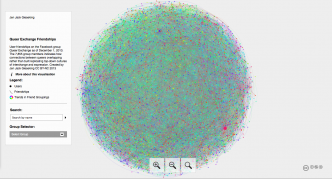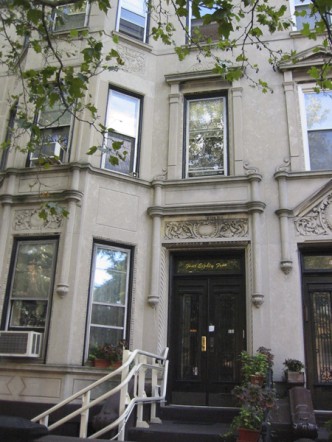Announcing My Book Contract with NYU Press for _A Queer New York_!
I am thrilled to announce that I have signed a contract with NYU Press for my in-progress book, A Queer New York: …
I am thrilled to announce that I have signed a contract with NYU Press for my in-progress book, A Queer New York: …
My short reflection piece, “Urban Margins on the Move: Rethinking LGBTQ Inclusion by Queering the Place of the Gayborhood,” is now out …

I am increasingly interested in the social networks of queers, broadly and self-defined. One of the largest queer groups on Facebook that …

On founding the Lesbian Herstory Archives: Deb Edel: We began talking about how easily our history had gotten lost. Joan Nestle: That …
Once I was able to sort out that my own copyright as ascertained through the UMIDatabase system allowed me to self-share my …
Given the precarity of the job market, academic and otherwise, I find myself listening to friends and colleagues increasingly blaming themselves for …
The CLAGS Seminar in the City that I am teaching, “Queer(ing) New York,” will begin this evening, May 1st. Since creating this …
I was not able to attend Judith Butler’s & Omar Barghouti’s talks last night at Brooklyn College, CUNY (2/7/13) on #BDS but …
Below is the full interview between Gwendolyn Beetham with Maria Rodó-de-Zárate and Jen Gieseking for the blog feministing.com. You can read the …
Food for thought before as plan your weekends. It makes so much sense but is mindblowing all the same, especially since the …